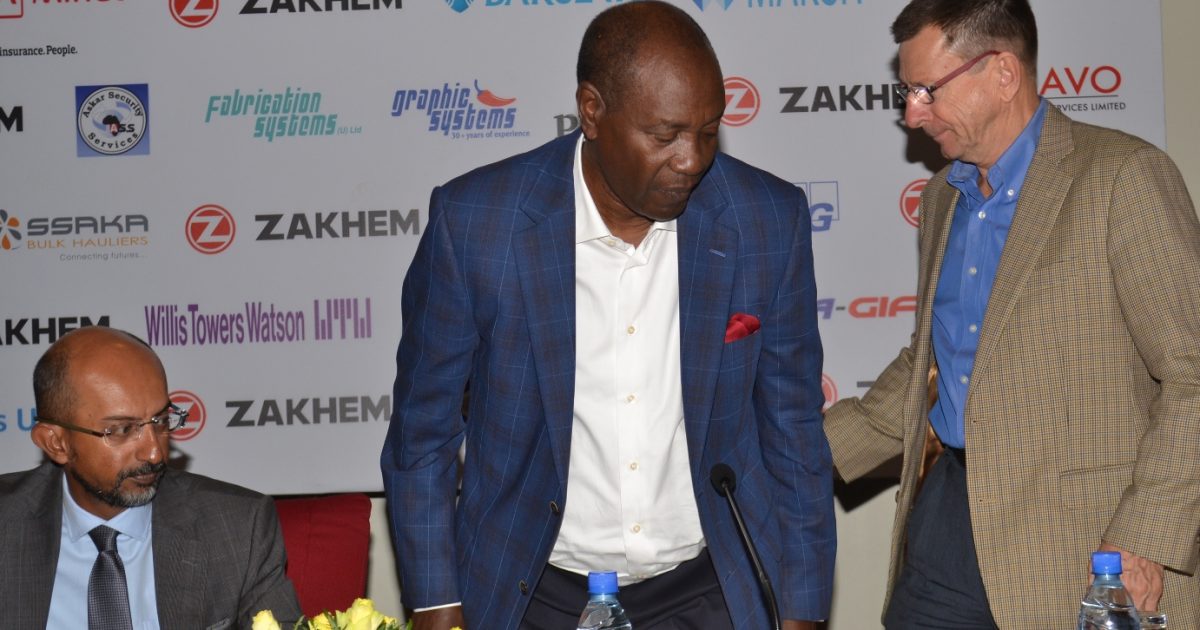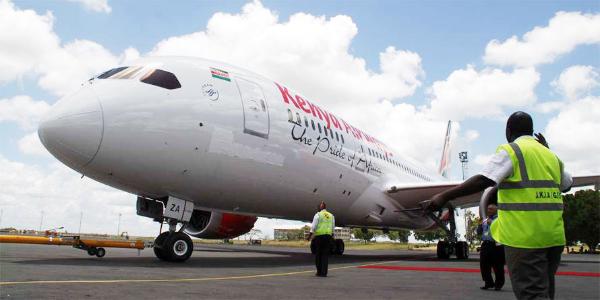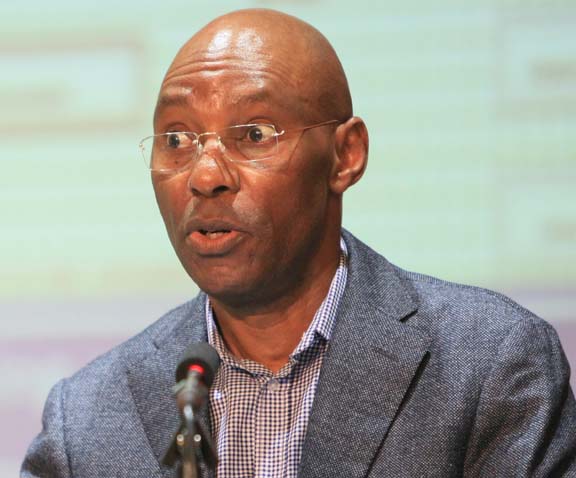The chairman of the Uganda Chamber of Mines and Petroleum (UCMP), Dr Elly Karuhanga, has urged Ugandans to ensure production of “world class” goods and services if they are to land lucrative contracts from the oil and gas sector.
Karuhanga’s call comes just days before the fourth Annual Oil & Gas Convention set to be held on April 25-26, 2018 at Serena Hotel in the capital, Kampala.
The UCMP in conjunction with the Ministry of Energy and Mineral Development will host the fourth Annual Oil & Gas Convention, come April 25-26, 2018.
Held under the theme, “Regional Collaboration for First Oil”, the convention will largely focus on the various opportunities that abound in the oil and gas industry as Uganda readies to start production in 2020.
After at least, a five year lull, the oil industry has since picked up, following major developments recently.
Early this month, Uganda signed the Project Framework Agreement with the Albertine Graben Refinery Consortium (AGRC) – a conglomerate of international companies that will construct the oil refinery in Kabaale, Hoima.
This came after Gulf Interstate Engineering, an American firm that carried out the Front End Engineering Design (FEED) for the crude export pipeline, released preliminary findings of their study at a public workshop in January, this year. Similarly, COOEC, the Chinese firm that undertook the FEED for the Kingfisher field, operated by CNOOC, had earlier that same month, unveiled some of the infrastructure and developments that were needed before oil production would start.
Later, in February, UK firm Fluor and its partner, Ponticelli, provided information to local suppliers on wide-ranging opportunities to support Uganda’s oil and gas industry at workshops held in both Kampala and in the oil region in western Uganda. Fluor is working on a FEED study as part of a competitive process for the Tilenga project.
During FEED, all necessary technical definition and cost and schedule estimates are developed to allow the Joint Venture Partners (Total, CNOOC and Tullow) to make a recommendation for a Final Investment Decision (FID), and lead to the project execution and construction phase for the upstream facilities required to produce Uganda’s oil targeted for end of 2020.
These impending Upstream Developments and the construction of the 1,443 kilometer long crude export pipeline also called, the East African Crude Oil Pipeline (EACOP), present several incredible opportunities for Ugandan companies and individuals.
These include but are not limited to civil engineering, civil works, construction of camps and maintenance, catering supply and delivery services, pipeline labor, portable generators maintenance, portable tarmac unit, road construction, logistic services, international freight forwarding, customs clearance, equipment operators and maintenance, vehicle rentals, water trucks, waste disposal, soil and ash fault transport, welder qualification amongst many others.
According to the Petroleum Authority of Uganda (PAU), by 2016, at least $3.4 billion had been invested in Uganda’s oil industry, with approximately 28% retained in the country. The Authority notes that at least an estimated $20 billion would be invested in Uganda in the next 4 – 5 years in the development of over 15 fields ($8-9 billion), construction of the refinery ($4-5 billion), the EACOP ($3.6 billion) and the construction of supporting infrastructure, besides the new round of petroleum exploration. At least 800,000 tonnes of materials would be imported during this phase.
“Since I joined the sector, just over 10 years ago, many things have changed. We are happy that many Ugandans are now attending these conferences and workshops to learn more about their oil and exploit the emerging opportunities therein. This will hugely boost our economy,” noted Dr. Karuhanga.
To date, under the Local Content guidelines, the government has put emphasis on helping Ugandans get the requisite skills so that they are competitive in the industry.
According to the a baseline survey of June 2014 titled “A survey to foster opportunities for Ugandans in the Oil and Gas sector”, Uganda’s oil and gas sector will generate 100,000 to 150,000 direct and indirect jobs.
Some of the barriers that would obstruct people from joining the sector include limited information, lack of skills, poor infrastructures, and administrative bureaucracy among others.
The survey, sponsored by the Joint Venture Partners, also revealed that only 25 industries of the 420 surveyed in Uganda had high potential to supply the oil and gas sector.





